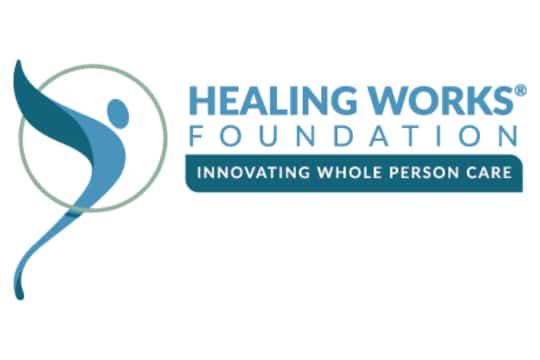Why is managing body weight important?
Your body weight can influence your risk of cancer, your survival, other body terrainthe internal conditions of your body, including nutritional status, fitness, blood sugar balance, hormone balance, inflammation, and more factors, and the incidence or severity of some side effects and symptoms.
Connections to cancer survival
Our note: The link between weight loss and risk of death is a little tricky to interpret. As disease progresses, people tend to lose weight, and especially as they approach the end of life. We often cannot determine whether weight loss was a cause or a consequence of illness and approaching death. Only if weight loss is associated with longer survival can we be confident that weight loss may be helpful.
Connections to body terrain factors
These body terrainthe internal conditions of your body, including nutritional status, fitness, blood sugar balance, hormone balance, inflammation, and more factors are linked to cancer risk or outcomes.
Connections to symptoms and side effects
Connections to cancer risk
Excess body weight is associated with an increased risk for cancer related to at least 13 sites:75Avgerinos KI, Spyrou N, Mantzoros CS, Dalamaga M. Obesity and cancer risk: emerging biological mechanisms and perspectives. Metabolism. 2018 Nov 13. pii: S0026-0495(18)30232-4; National Cancer Institute. Obesity and Cancer. January 17, 2017. Viewed September 22, 2021.
- Breast cancer (postmenopausal)
- Colorectal cancer
- Esophageal cancer
- Gallbladder cancer
- Kidney cancer
- Liver cancer
- Meningioma
- Myeloma
- Ovarian cancer
- Pancreatic cancer
- Stomach (gastric cardia) cancer
- Thyroid cancer
- Uterine (endometrial) cancer
A few further cancer types show a possible association:
- Breast cancer in males
- Non-Hodgkin’s lymphoma
- Oral cancers
- Prostate cancer (aggressive)
Helpful links
Learn more
References


